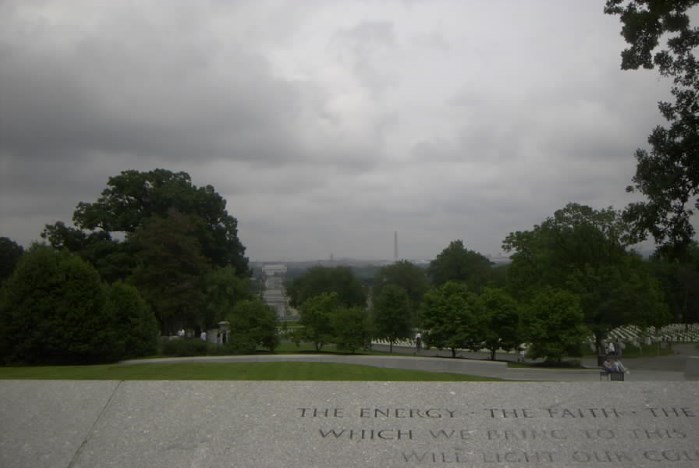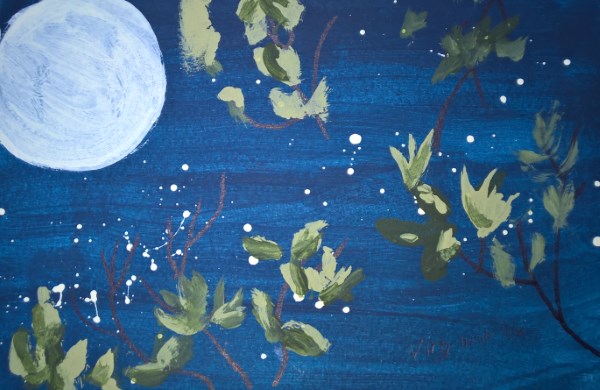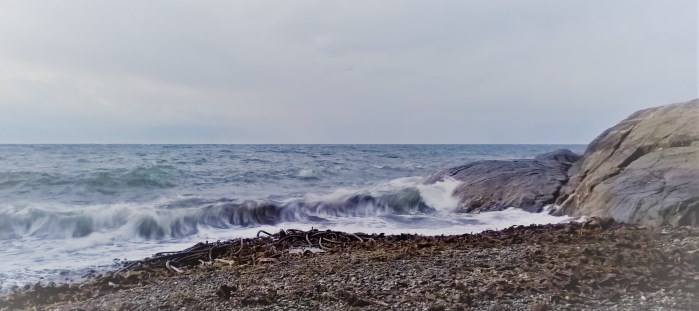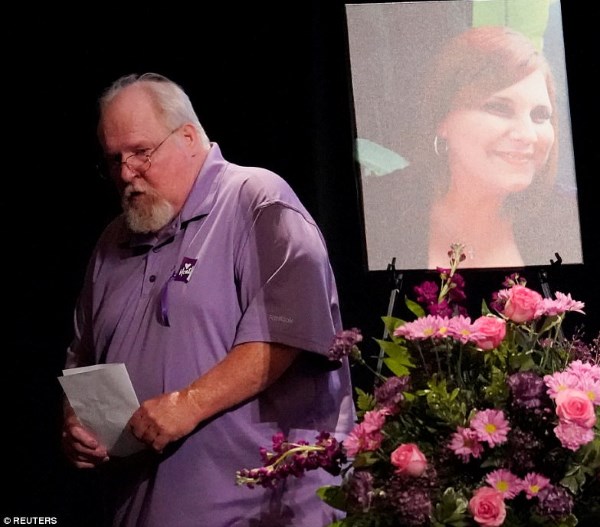
Thomas Merton, writing in the early 1960’s, observed:
Here is the great temptation of the modern age, this universal infection of fanaticism, this plague of intolerance, prejudice and hate…
This, said Merton, flows from the crippled nature of those who are afraid of love, afraid to dare to become human. He goes on,
…it is against this temptation that we must labor with inexhaustible patience and love, in silence, perhaps in repeated failure, seeking tirelessly to restore, whenever we can, and first of all in ourselves, the capacity of love and understanding…
It’s this capacity, he concludes, which makes us bearers of the Divine image.
It was something of this “image” that the father of Heather Heyer reflected when he spoke of the Charlottesville riots, and said of his daughter’s killer,
I don’t know how–so close to the event–this father found the resources to say what he did about his daughter’s murderer. And I can’t help but wonder how he feels today, or what he thinks now that the world, as it does, has moved on. And yet, there it is, like a palm tree in a desert, sticking out there in all its naïve simplicity, a declaration of a different reality.
So often today Christianity resembles the vestigial wings of Kiwi’s: of no real consequence except as an evolutionary curiosity. Too often, the term Christian is abjectly embarrassing because it’s used as either a moral cover, an ethical club, a personal warranty for an afterlife, or another name for nationalism. And “Nationalism,” as ethicist Stanley Hauerwas has somewhere said, “is a religion, and war is its liturgy.”
But then, up through the layers of dross comes some otherwise overlooked voice speaking the mystery of the real Christ, the mystery of seeing and receiving the “other,” even an enemy, as fellow pilgrim.
Christ…did not come to bring peace to the world as a kind of spiritual tranquilizer. He brought to his disciples a vocation and a task, to struggle in the world of violence to establish his peace not only in their own hearts but in society itself.
To work for peace beyond our private world is hard, dangerous, and as recent events and events throughout history show, even deadly. Of course, to find and maintain peace within ourselves is also hard. But persons at peace within themselves is where communal and cultural peace begins. Yet, paradoxically, internal peace comes as we model those who are themselves peaceable. Such is the movement of human connection, such is the pulse and flow of human community, such is the radiating current of the I-Thou mystery. I think this is what Bruce Cockburn meant when he sang, “To the motion be true.”
We need people like Mark Heyer. We need models. Of course I never had the chance to meet Thomas Merton, but I consider him a friend and mentor. Year’s ago, when I spent several days wandering Manhattan on foot, my first search, despite my admiration, was not the beat poets, but Merton’s flat on Perry St. in the heart of Greenwich Village, where he lived before entering the monastery. When I was in Bangkok, where Merton died, I followed his “tour” of images and temples, as outlined in his book The Asian Journals. Merton was/is still, a model of peace who embraced his faults and modelled his own life after the spirit of peace he found reflected in the life of Jesus.
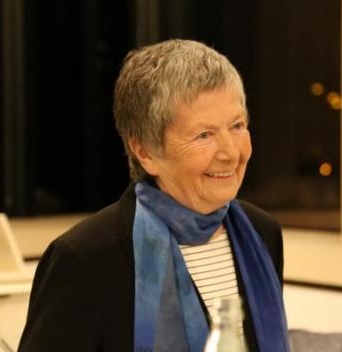 Neither do I know the French philosopher and veteran feminist, Luce Irigaray, but for me, her words strike a decidedly Mertonesque tone, or better, an incarnational tone. (Irigaray returned to her Christian tradition, although her nuanced form of Christianity would hardly be accepted all the Faith’s eminent, self-appointed regulators.) She writes (as quoted in Kathrine Keller’s On the Mystery),
Neither do I know the French philosopher and veteran feminist, Luce Irigaray, but for me, her words strike a decidedly Mertonesque tone, or better, an incarnational tone. (Irigaray returned to her Christian tradition, although her nuanced form of Christianity would hardly be accepted all the Faith’s eminent, self-appointed regulators.) She writes (as quoted in Kathrine Keller’s On the Mystery),
If our culture were to receive within itself the mystery of the other as an unavoidable and unsurmountable reality, there would open up a new age of thought, with a changed economy of truth and ethics.
And what a massive IF this is, yet what a resplendent vision! To speak it out loud is radical, to try to embrace it, revolutionary.


